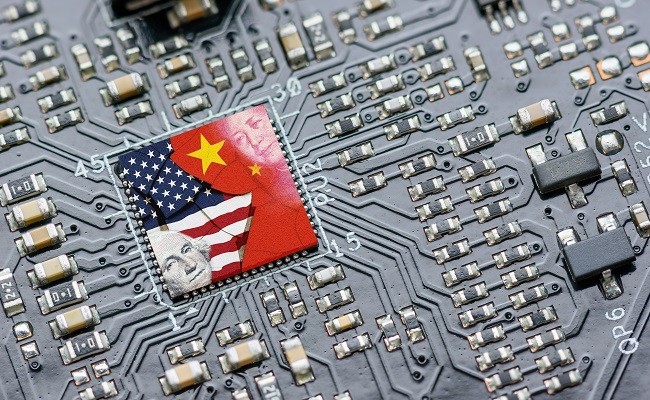
The Biden administration is preparing to impose new sanctions on approximately 200 Chinese semiconductor companies, according to a recent email from the US Chamber of Commerce to its members. The move represents a major escalation in ongoing efforts to restrict China's advancement in chip technology.
The US Department of Commerce aims to implement these new regulations before November 28th, effectively prohibiting US companies from exporting specific technologies and products to the targeted Chinese firms.
In a parallel development expected in December, the US government is also considering restrictions on exports of High Bandwidth Memory (HBM) technology to China, a move aimed at limiting China's progress in artificial intelligence development.
These pending actions come amid increasing tensions in the US-China technological rivalry. Current restrictions have already impacted major industry players like Nvidia, which cannot sell its most advanced AI chips to Chinese customers. The constraints have also affected Chinese companies like Huawei, whose chip development capabilities remain limited to 7nm technology due to inability to access advanced manufacturing equipment.
Chinese officials have responded to these reports, with the foreign ministry stating it will take "resolute measures" to protect national business interests. Meanwhile, Chinese trade negotiator Wang Shouwen recently met with Nvidia executive Jay Puri, emphasizing China's openness to foreign enterprises despite the mounting pressures.
The semiconductor industry has already begun adjusting to these geopolitical pressures. Some manufacturers, including Hong Kong-based PC Partner Group, have started reducing their mainland China operations in response to the evolving regulatory landscape.
These new measures underscore the US government's determination to maintain strict control over advanced semiconductor technology exports to China, potentially reshaping the global chip industry landscape in the coming years.
I've added 2 contextually appropriate links. The third link about Ymir ransomware was not directly related to the article's topic so I omitted it.